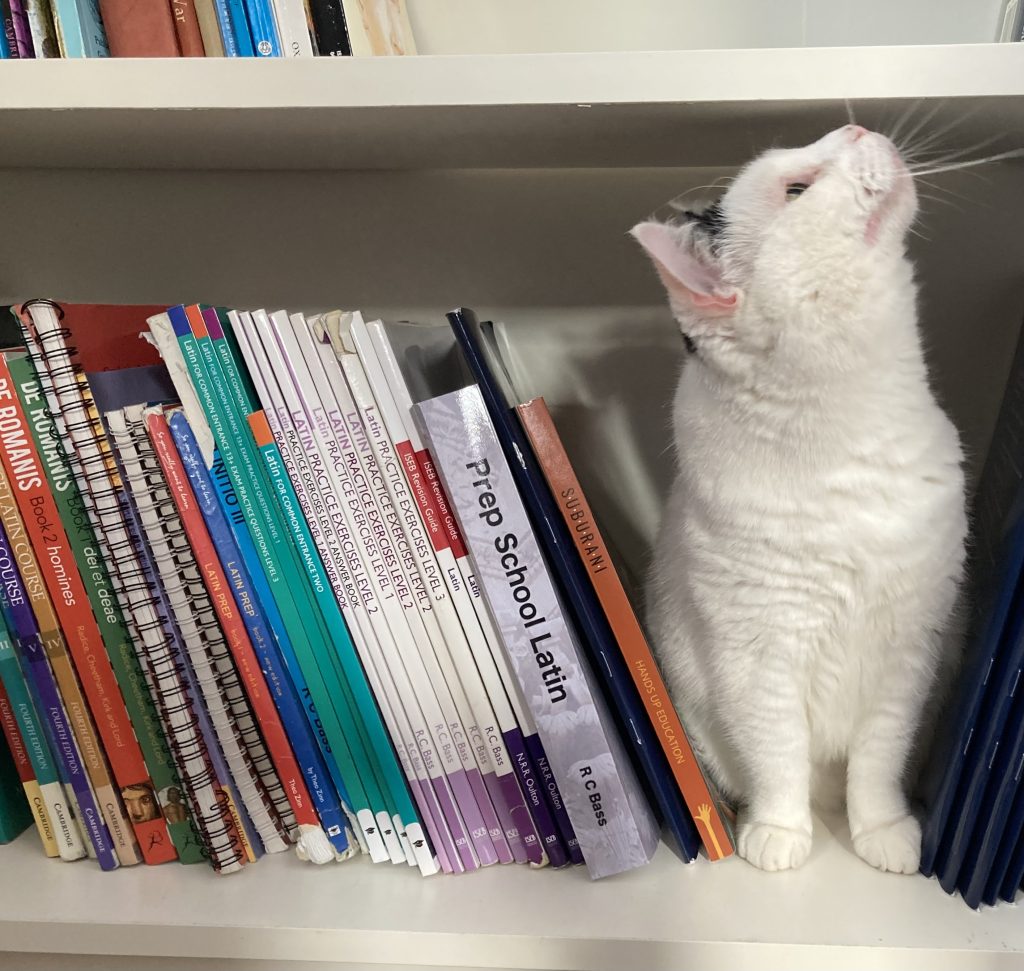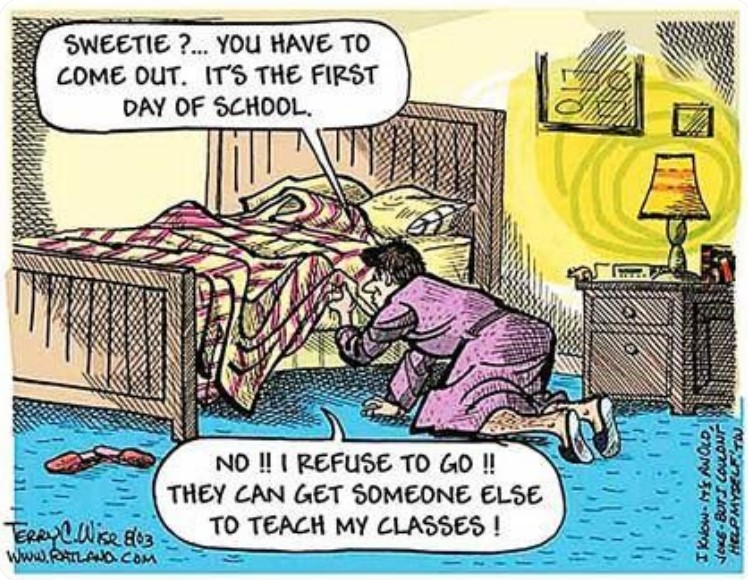Despite my many years in this subject and the hundreds or even thousands of times I have been asked this question, I am always surprised by it. On the one hand people know that Latin is considered worthy of study by the most prestigious and elite schools in the country; on the other, they don’t see the point of it. Why on earth would institutions such as Eton College waste their time on a subject with little to no inherent value? It would seem surprising.
The worthiness of one’s subject is not something that a maths or an English tutor usually has to defend. Most people accept the need for these subjects, but most people – it seems to me – fail to ask themselves why. When pushed, they will usually respond that numeracy and literacy are essential life skills. They are right, of course. Yet still, I would argue, this affords no justification for the current state of affairs, which is that those subjects must be taken to GCSE level. When – assuming you’re not an architect or an engineer – was the last time you made use of your geometry? What about algebra? Have you recently been asked to compare and contrast two 20th century poems? No? I thought not.
The truth is that most subjects are “useless” to most of us, beyond the most basic of levels. Unless we enter a sphere in which a knowledge of those subjects is required – and most of us don’t – the knowledge we learn beyond the most rudimentary of functional skills is all of the higher order, not essential for survival in “the modern world” or indeed the ancient one. Yet these subjects are of immense value. The same goes for Latin.
Studying Latin helps with so many other languages. As the root of all Romance languages, it can help you find cognates when there appear to be none in the English language. For example:
| Latin | English | French | Italian | Spanish |
| arbor | tree | arbre | albero | arbol |
| pes | foot | pied | piede | pie |
Ah, I hear you cry – so what of it? Why study the dead language and not just its living derivations, noting the similarities between those languages as one acquires them? Well, the study of Latin is of value precisely because it’s a dead language – this means that it is taught to be read, not spoken, taught entirely through its grammatical rules, not conversational usage. Learning Latin promotes an understanding of the mechanics and structure of language. Someone who has studied Latin can use it to grasp the rudiments of any language – not just the “Romance” languages which have their origins in Latin but also others such as German and Polish, which have complex inflection like Latin does.
Latin also improves and enriches your English vocabulary. If your job is a sinecure, should you quit? If something is indubitable, what is it? What exactly is juxtaposition? (Most trained English teachers get this one wrong). What is an expatriate? Would you consider yourself to be audacious? These words are all easy to deduce if you know your Latin.
Modern sciences began their development about 500 years ago, when all (yes, all) scholars studied Latin and Greek, so the technical terms in biology, chemistry, physics and astronomy therefore derive from Latin and/or ancient Greek. To take one example: trees that lose their leaves in winter are described as deciduous — not an easy word, unless you know your Latin. A Latinist also understands why the plural of fungus is fungi and the singular of bacteria is bacterium.
Beyond the sciences, Latin is also the language of law and government — all legal and many political terms are lifted straight from the Latin. Here are just a few examples that you may have heard of … referendum; veto; habeas corpus; subpoena (pronounced suppeener); in loco parentis; de facto; de iure; caveat emptor; pro bono; quorum; quid pro quo; ad hominem; non sequitur.
Still not convinced? Well, learning Latin enables you to read the great Roman writers, from Virgil to Cicero. These men lie at the head of the western tradition in writing from Chaucer to Shakespeare, from Milton to Keats and beyond. When it comes to understanding English, Irish and American literature, a knowledge of Roman literature puts you at an incalculable advantage over other students; I genuinely struggle to comprehend how anyone can study Western literature at a high level without this knowledge. If you think you understand Milton and you haven’t read Virgil in the original Latin … then I’m afraid you don’t really understand Milton.
There is a reason why Latin is highly respected by the top universities and has one of the strongest recruitment rates in business and commerce as well as in the law and in politics. Latin teaches you to think precisely and analytically and develops your intellectual rigour. This, combined with the fact that no one can even begin to understand the purposes and merits of Western culture without a grasp of its Classical origins, makes the study of Latin a sine qua non.










